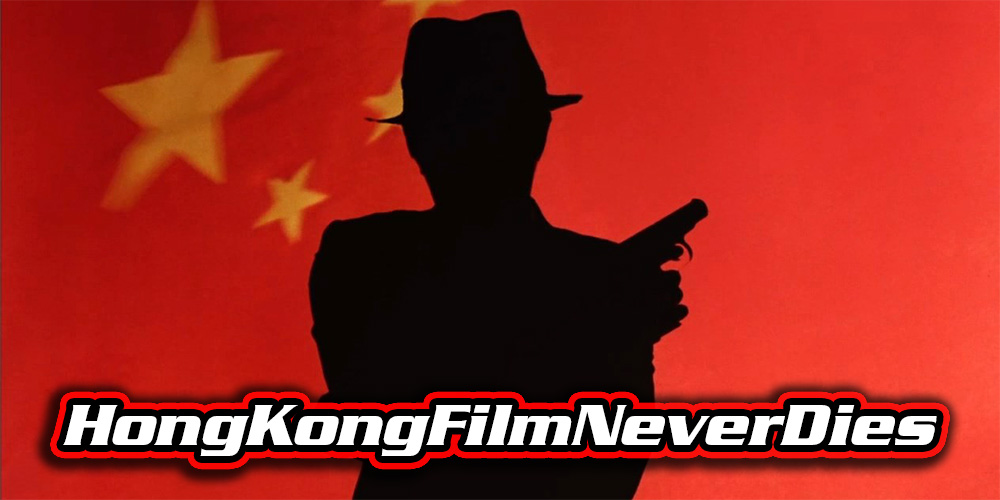As someone who grew up loving Hong Kong cinema, I have always been a big fan of Jackie Chan’s HK films. To me, his unique ability to combine slapstick humour with death-defying stunts makes him undoubtedly the king of action comedy in the world. His earlier 70s films ‘Drunken Master’ and ‘The Young Master’, 80s classics ‘Police Story‘/‘Police Story 2’ and ‘Project A‘/‘Project A Part II’, and 90s spectacles ‘Rumble In The Bronx’ and ‘Police Story 3/‘First Strike’ remain some of my all-time favourite films.
So when Chan commented last year that there is no longer a distinction between Hong Kong and Chinese films, and that “we don’t say whether a film is a Hong Kong film or a Chinese film – Hong Kong films are Chinese films as well”, I felt disappointed, disillusioned and even disgusted. How could such a key figure in the history of Hong Kong cinema so casually disregard the significance of the HK film industry, which once upon a time turned him from a nameless stuntman into a global superstar?
The more I pondered the issue of HK films and their past, present and future, the more I felt that Chan’s comments were misguided. Yes, Hong Kong is now a part of China, but it has the unique history of having been a British colony for almost 100 years, making it unlike any other parts of China. Many of the great stories that have been told by HK filmmakers would simply not be as compelling if the setting had been different. If you need an example, just compare the HK classic ‘A Better Tomorrow’ and the disastrous Chinese remake. ‘Mark Gor’ will forever remain a Hong Kong film character, and so will ‘Star Chow’ from ‘Fight Back To School’, ‘Chan Ho Nam’ and ‘Chicken Chiu’ from ‘Young And Dangerous’, ‘Lau Kin Ming’ and ‘Chen Wing Yan’ from ‘Infernal Affairs’ and countless other iconic HK film characters. Also, popular themes in HK films such as erotica, politics and the Triad are taboo subjects in the eyes of Mainland Chinese censors. As a result, films such as ‘Sex And Zen’, ‘Ten Years’ and ‘Election 1& 2’ would never be allowed to be screened in cinemas in China.
While it is probably true that Hong Kong cinema’s most glorious days have passed, with so many established filmmakers like Jackie Chan, Stephen Chow, Peter Chan Ho-Sun and Wong Jing leaving to work in the considerably bigger Mainland Chinese market. However, those filmmakers who have stayed in Hong Kong are still working tirelessly to keep this wonderful industry going, by making films of their own while at the same time giving help and support to the young and exciting new directors and actors who are constantly emerging. A number of very good films has already resulted from the collaboration between filmmakers from different generations, such as ‘Mad World’, ‘Weeds On Fire’, ‘Trivisa’, ‘Port Of Call’ and ‘Still Human’, and there are many more on the horizon. Take a look at the posters below to get a taste of some of the Hong Kong films that will be released within the next few years, and you will realise that HK cinema is far from over. The future may be uncertain, but the always resilient Hong Kong film industry could easily have another resurgence, another renaissance, another new wave just around the corner.
Hong Kong film never dies! Long live Hong Kong cinema!
- Donnie Yen to return in ‘Ip Man 5’ - May 19, 2023
- Hong Kong Film Never Dies #12: “A dream you don’t have to fight for isn’t a dream.” - March 3, 2023
- Hong Kong Film Never Dies #11: “If records refuse to be broken, shatter them.” - November 14, 2022

